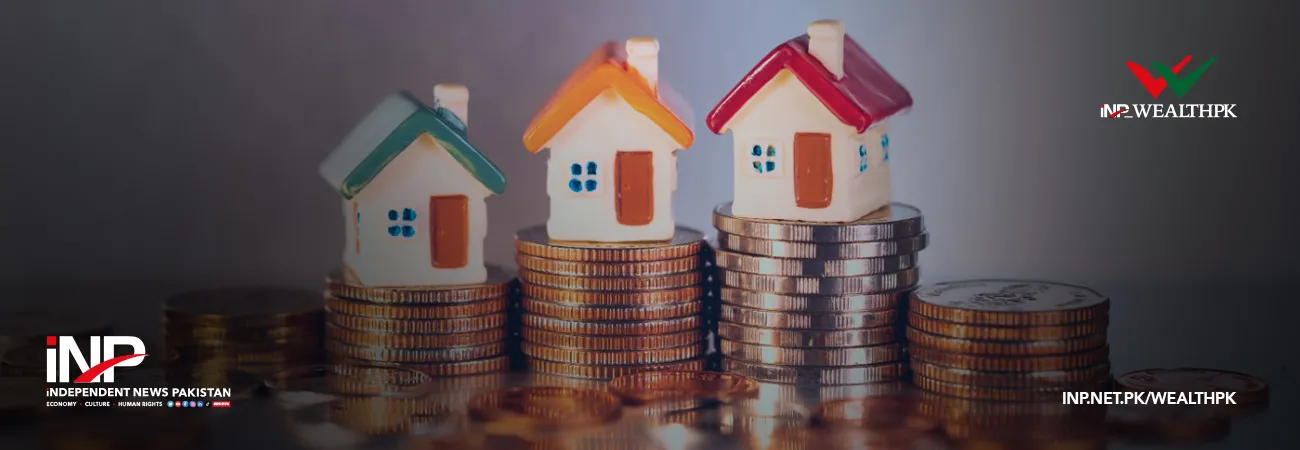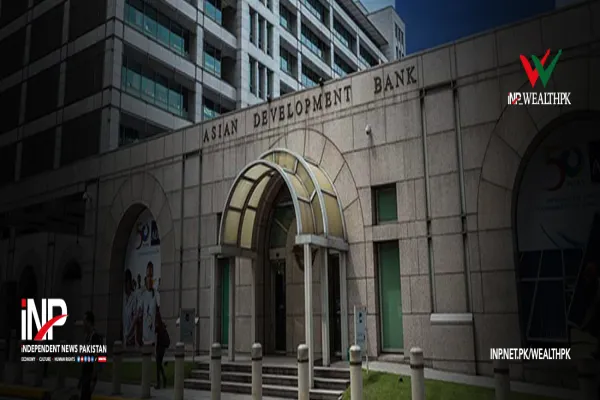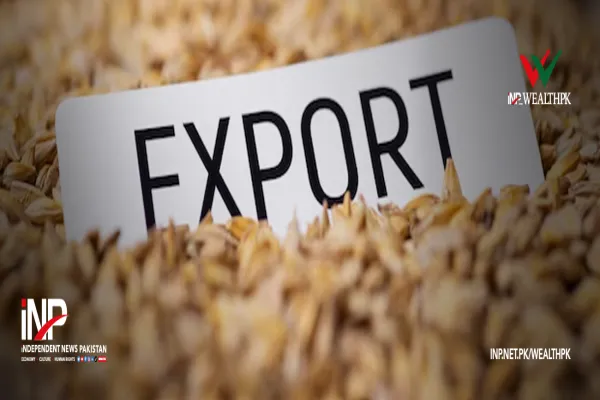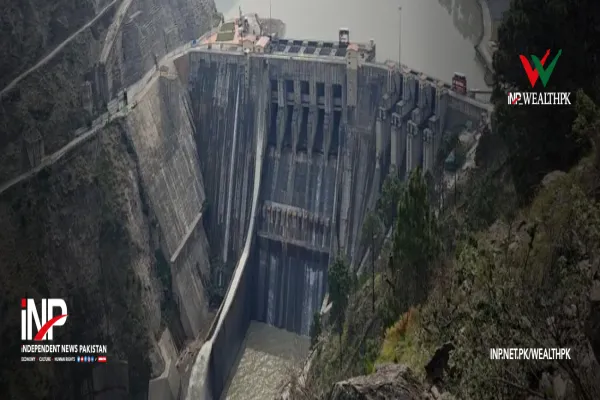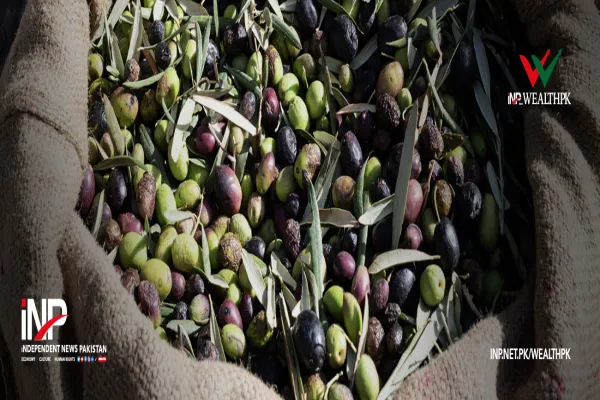i INP-WEALTHPK
Ayesha Saba
By restructuring regressive subsidies, Pakistan can free up resources for critical development needs, reduce fiscal pressures and promote social equity.
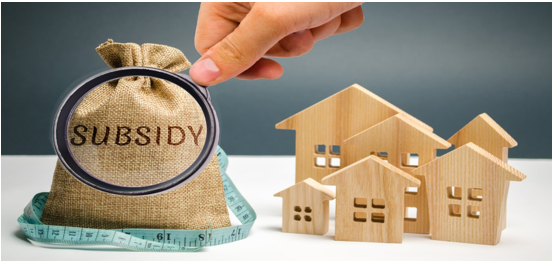
Umar Khayam, Assistant Chief of Industries & Commerce Section, Ministry of Planning, Development and Special Initiatives, emphasised the need to do away with the unsustainable subsidies. He pointed out that despite injecting significant financial resources annually into export-oriented industries, Pakistan's export performance continued to lag behind expectations. Speaking to WealthPK, he emphasised the need for a fundamental shift in policy, advocating for targeted and time-bound subsidies only where absolutely necessary.
“The government needs to restructure its approach toward industrial subsidies, focusing on short-term, goal-oriented support.” Underscoring the importance of structural reforms, he said systemic issues in Pakistan's economy such as inefficiencies in the export sector, a burdensome regulatory environment and mismanagement of state-owned enterprises were significant impediments to achieving sustainable growth. Khayam also highlighted the critical need for reforms in tax administration, privatisation, and the integration of the informal economy into the formal framework.
Further, he advocated greater emphasis on the digital economy, noting its potential to drive innovation and increase productivity. "Pakistan must address these structural bottlenecks to unlock its economic potential," he suggested, emphasising that a comprehensive reform agenda was crucial for fostering long-term growth and stability. Talking to WealthPK, Mehmood Khalid, a noted economic expert and researcher at Pakistan Institute of Development Economics (PIDE), said Pakistan's fiscal space was already constrained, and continuing to support inefficient subsidy programmes was unsustainable in the long-run,” he argued.
Furthermore, he said Pakistan faced the pressing challenge of high national debt, which demands a more disciplined fiscal approach. He emphasised the importance of improving the investment climate through comprehensive reforms aimed at stimulating sustainable growth. “Structural and fiscal management reforms are essential for increasing the tax-to-GDP ratio. This could involve measures to enhance tax compliance, reduce evasion and eliminate inefficiencies in the tax collection system.”
Khalid emphasised that it was equally critical to improve the quality of public spending, ensuring that resources were allocated to areas that yielded the highest economic and social returns. “For instance, investments in education, healthcare, and infrastructure could provide long-term benefits that far outweigh the short-term gains of regressive subsidies.” “A more equitable taxation system is a pivotal part of this reform agenda. Pakistan must take serious measures to expand its revenue base, ensuring that wealthier segments of society contribute their fair share in revenue generation,” he suggested.
Credit: INP-WealthPk



